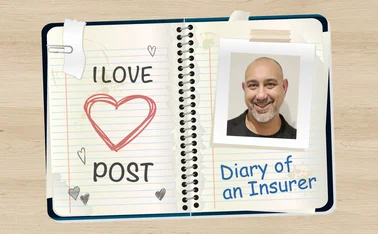
Roundtable: The new wave: time to disrupt the disruptors

The insurance sector must remain vigilant to challengers, be they data giants like Google and Amazon, or nimble insurtechs. Especially given that some already hold such rich data. So how can incumbents take on potential usurpers? Is now the time to take a more imaginative customer-centric approach? A recent roundtable organised by Post, in association with SAP, and its partner MSG, sought to tap into current thinking from a wide cross-section of insurance specialists
Is it time to diversify revenue streams and offer customers added value service propositions outside of insurance?Robin Stagg: Yes, but first we need to tackle the elephant in the room, which is
Only users who have a paid subscription or are part of a corporate subscription are able to print or copy content.
To access these options, along with all other subscription benefits, please contact info@postonline.co.uk or view our subscription options here: https://subscriptions.postonline.co.uk/subscribe
You are currently unable to print this content. Please contact info@postonline.co.uk to find out more.
You are currently unable to copy this content. Please contact info@postonline.co.uk to find out more.
Copyright Infopro Digital Limited. All rights reserved.
As outlined in our terms and conditions, https://www.infopro-digital.com/terms-and-conditions/subscriptions/ (point 2.4), printing is limited to a single copy.
If you would like to purchase additional rights please email info@postonline.co.uk
Copyright Infopro Digital Limited. All rights reserved.
You may share this content using our article tools. As outlined in our terms and conditions, https://www.infopro-digital.com/terms-and-conditions/subscriptions/ (clause 2.4), an Authorised User may only make one copy of the materials for their own personal use. You must also comply with the restrictions in clause 2.5.
If you would like to purchase additional rights please email info@postonline.co.uk









